Intense fighting continues in Sudan for third day as civilian death toll nears 100
For a third consecutive day, people in Sudan woke up to the ear-splitting sounds of heavy artillery and bombardment by warplanes on Monday as the death toll neared 100 following violent unrest.
According to reports, explosions rocked the Sudanese capital Khartoum Monday amid fierce fighting between the country's military and the powerful paramilitary Rapid Support Forces (RSF).
“The death toll among civilians... has reached 97," the doctors' union said, adding later that "dozens" of fighters had been killed and injured.
According to media reports, the figure does not include all casualties as many could not reach hospitals due to difficulties in movement amid the fighting.
The Central Committee of Sudan Doctors, a pro-democracy organization, also reported dozens of deaths among security forces, and some 942 wounded.
The intense conflict, which has seen air strikes, tanks on the streets, artillery fire and heavy gunfire in crowded neighborhoods both in Khartoum and other cities across Sudan, has triggered international demands for an immediate ceasefire.
The World Health Organization (WHO) warned that "several" of Khartoum's nine hospitals receiving injured civilians "have run out of blood, transfusion equipment, intravenous fluids and other vital supplies".
Katharina von Schroeder, a charity worker with Save The Children, who has been sheltering at a school with her son, told BBC they had hoped things would calm down when they arrived in search of shelter, but decided to stay put after clashes in the city escalated and spread to outside the capital.
She noted that several hundred children at least are trapped in similarly dangerous circumstances around Khartoum.
Meanwhile, the UN representative in Sudan on Monday slammed the failure by both the army and rival paramilitary forces to stop fighting during an agreed humanitarian pause to evacuate the wounded.
Volker Perthes said he was "extremely disappointed that humanitarian cessation of hostilities, that both the Sudanese Armed Forces and the Rapid Support Forces had committed to, was only partially honored yesterday".
Violence erupted in Sudan on Saturday between Sudanese armed forces loyal to General Abdel Fattah al-Burhan, and the RSF, a paramilitary force led by Sudan's deputy leader, Mohamed Hamdan Dagalo, known as Hemedti.
Hemedti, belonging to a family of camel herders, rose from lowly beginnings to head a widely feared Arab militia that crushed a revolt in Darfur, winning him influence and eventually a role as the country's second most powerful man, and one of its richest.
He has played a prominent role in his country's turbulent politics for 10 years, helping topple his one-time benefactor President Omar al-Bashir in 2019 and later quashing protests by Sudanese seeking democracy.
As deputy head of state, Hemedti, with little formal education, has taken on some of Sudan's most important portfolios in the post-Bashir era, including the crumbling economy and peace negotiations with rebel groups.
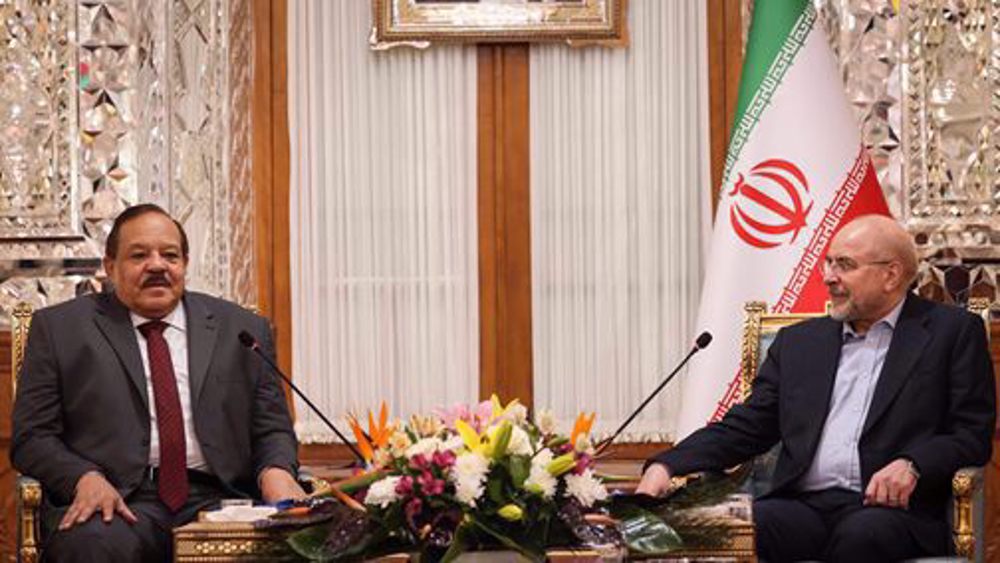
Iran urges establishment of stability, sovereignty in Sudan: Qalibaf
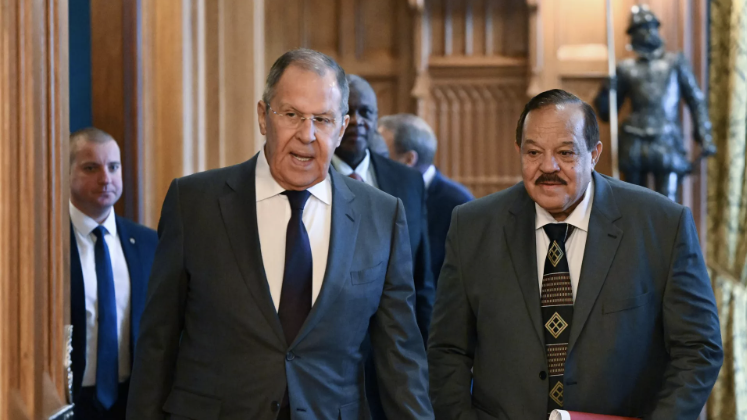
Russia secures agreement for naval base in Sudan
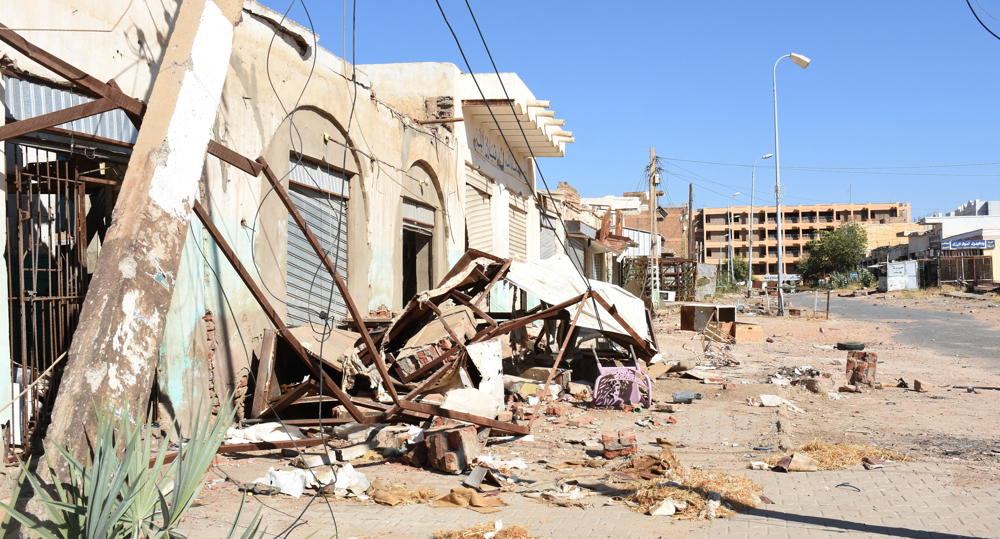
ICC seeks arrest warrants over alleged war crimes in Sudan’s Darfur
VIDEO | Gazans striving to survive with bare hands
'Shocking attack on free expression': Canadian politician slams arrest of pro-Palestine activist
West Bank Palestinians fear Gaza style destruction as Israel escalates raids
Hamas: Ibrahimi Mosque massacre testament to Israel’s criminal policy
Trump eyes Ukrainian rare earth minerals in exchange for military support to Kiev
Six Gaza children, including newborn girl, die of cold weather as Israel blocks aid
Iran rules out nuclear talks with US amid ‘maximum pressure’ campaign
Israeli tanks roll into West Bank first time in 20 years as prelude to forcible annexation


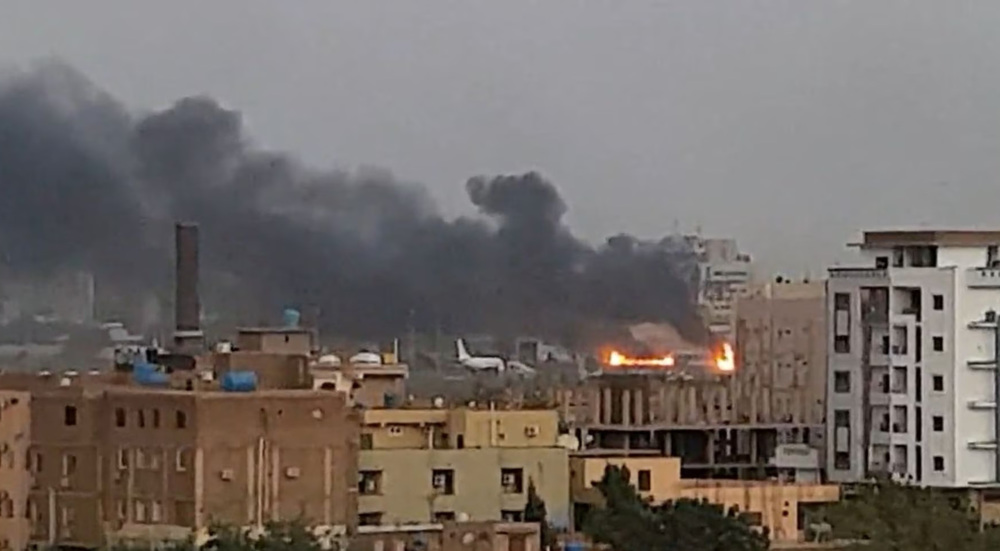



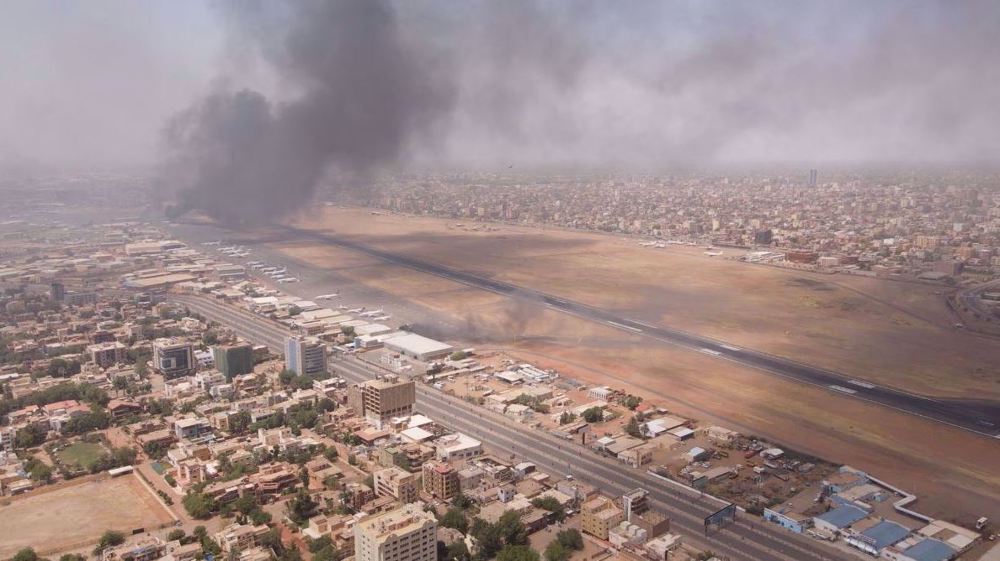
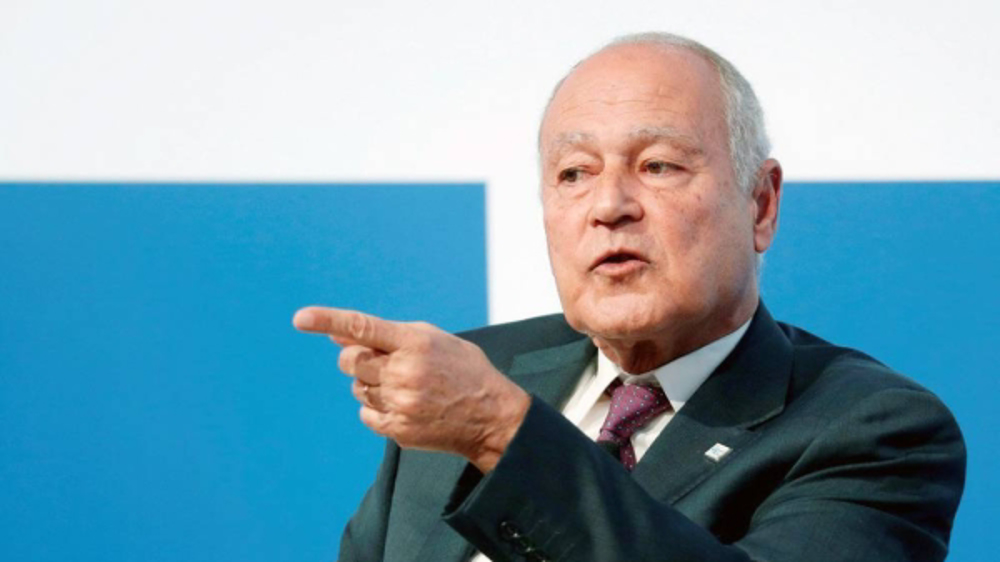
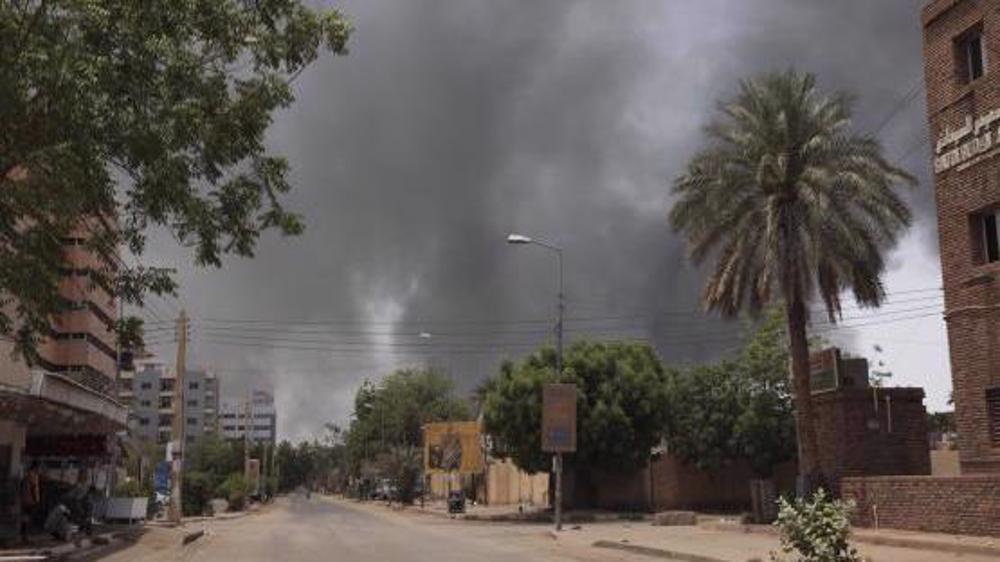

 This makes it easy to access the Press TV website
This makes it easy to access the Press TV website